Our History
The Internet Society was formed in 1992 by Vint Cerf, Bob Kahn, and other early pioneers who led the technical development of the Internet.
Among our leadership and members are many of the Internet’s technical pioneers, innovators, and champions, all focused on our vision that the Internet is for everyone. Explore some of the significant dates of the Internet Society.
20 June 1991
At the first INET conference Vint Cerf announced the Internet Society’s founding, based on a document signed by Vint Cerf, Bob Kahn, and Lyman Chapin. Cerf also announced that the INET Conferences would henceforth be conducted under Internet Society auspices and become the forum for the Internet Society’s annual meetings.
1 October 1991
Jon Postel manages to beat out Stephen Wolff in a race to write the first $70 check for the Internet Society membership dues, receiving member number 1314159 (one, followed by the first six digits of π) and becoming the Internet Society’s first individual member.
1 January 1992

Official formation of Internet Society with Vint Cerf as president of the Board of Trustees.
15 June 1992
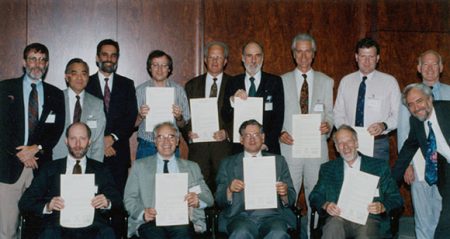
The First Board, Council, and Member meeting of the Internet Society occurs at the INET’92 event in Kobe, Japan.
18-19 June 1992
The Internet Society Board of Trustees votes “to accept a recommendation from the Internet Activities Board to bring the IAB and all of its activities into the Internet Society”, whereby “[T]he IAB will serve as a technical advisory group of the ISOC, with the new name ‘Internet Architecture Board’. The IETF [Internet Engineering Task Force] will continue to pursue standards-setting and other engineering activities under this new umbrella, and the IRTF [Internet Research Task Force] will continue to pursue research questions of importance to the Internet.”
10 December 1992
The Internet Society files articles of incorporation as a 501(c)(3) non-profit corporation in Washington, DC.
11 February 1993
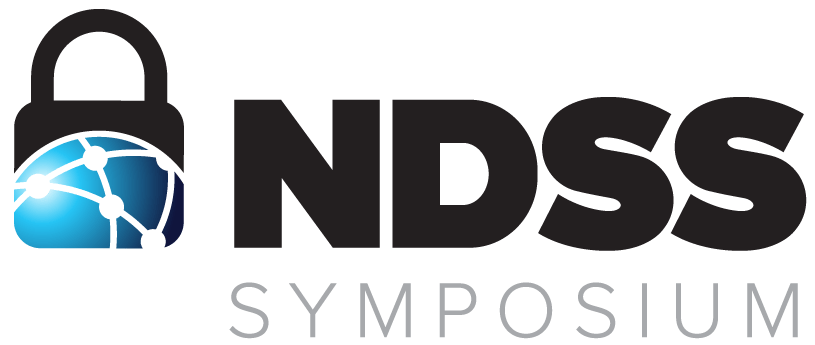
First Network and Distributed System (NDSS) Symposium held in San Diego, bringing together leading security researchers from around the world.
August 1993
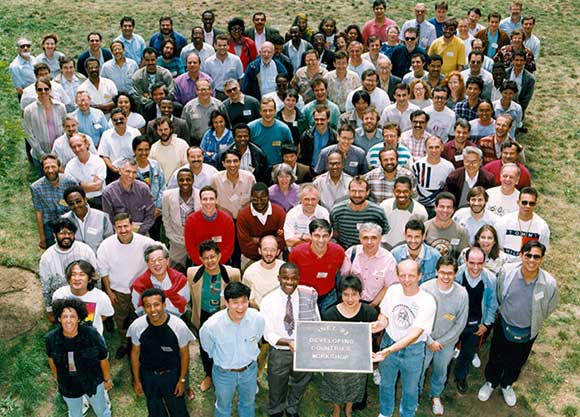
The Internet Society conducts first Developing Country Workshop, launching an eight-year effort that provided over 1,300 people in 94 countries with hands-on training about connectivity and building networks.
1 August 1994
In January 1994, with Resolution 1994-13, the Internet Society Board of Trustees establishes the principles for chartering chapters. In August, the first Internet Society chapter is founded in Japan by, among others, Toru Takahashi, who is instrumental in bringing the Internet to Japan and promoting it throughout Asia in the 1990s.
1 October 1994
The Internet Society US Washington, DC, Chapter becomes the second chapter, and first in North America.
1 January 1995
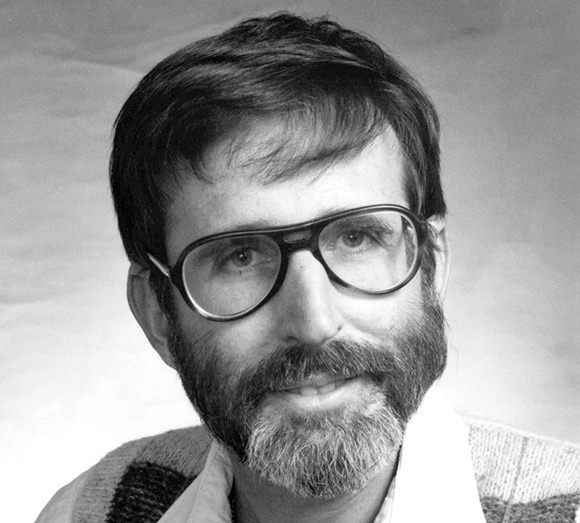
Lawrence Landweber succeeds Vint Cerf as Internet Society President.
1 January 1995
The Internet Society debuts its bimonthly, four-color membership magazine, OnTheInternet, in 1995.
January 1995
The Internet Society Argentina Chapter becomes the first chapter in South America.
April 1995
The Internet Society Norway Chapter becomes the first chapter in Europe.
April 1996
The Internet Society Morocco Chapter becomes the first chapter in Africa.
January 1996
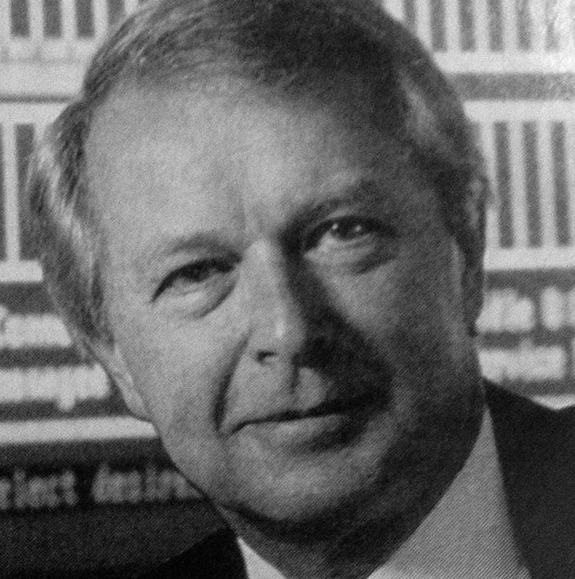
Donald Heath becomes president and CEO of the Internet Society.
1998
The US National Telecommunications and Information Administration (NTIA) proposes changes and improvements to the Domain Name Systems (DNS). The Internet Society and IAB are heavily involved in the NTIA effort that ultimately led to the creation of the nonprofit, multistakeholder Internet Corporation for Assigned Names and Numbers (ICANN).
December 1998
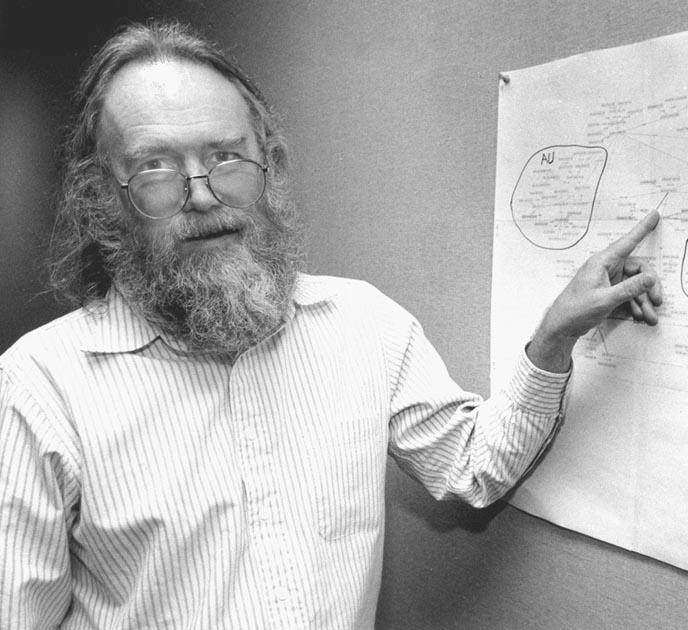
After the death of Jon Postel, the Internet Society establishes the Jonathan B. Postel Service Award to honor an individual or organization that has made outstanding contributions in service to the Internet community.
September 2001
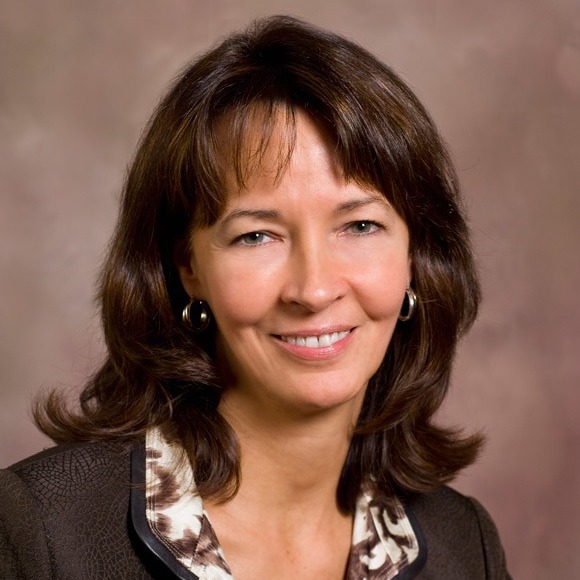
Lynn St. Amour named President and CEO of the Internet Society.
14 October 2002
ICANN announces that the Internet Society’s bid to operate the registry for the .ORG domain succeeded. The acquisition of .ORG marks a turning point in the Internet Society’s history. It puts the organization on much sounder financial footing, enabling increased support for longstanding programs and obligations, and for the development of new initiatives in keeping with its core values.
1 January 2003
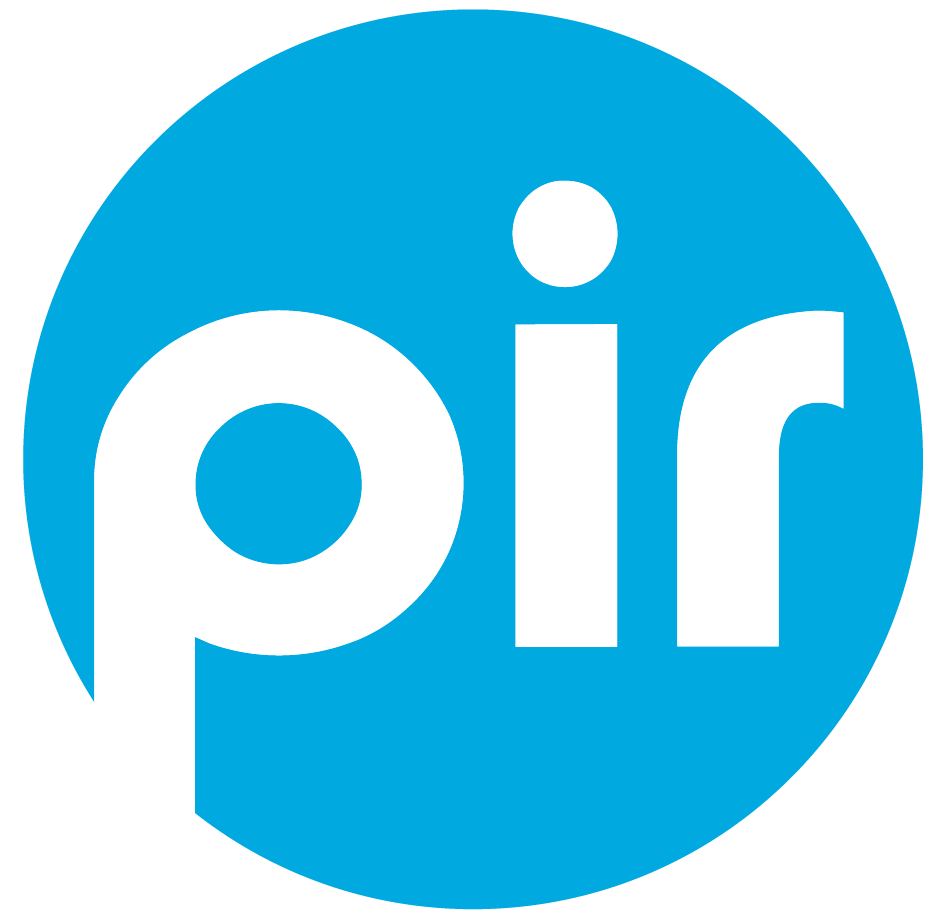
The Internet Society’s new subsidiary established on 7 October 2002, Public Interest Registry (PIR), assumes operation of the .ORG domain.
January 2003
The Internet Society changes its governance model from where all Board of Trustees members were elected by individuals to where Board members were elected or appointed by different constituencies, including the IETF, chapters, and organizational members.
April 2005
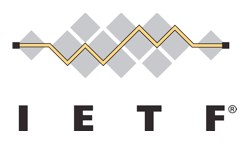
With the creation of the IETF Administrative Support Activity (IASA) in RFC 4071, the IETF formally joins the IAB in becoming an activity organized by the Internet Society.
June 2006
The Internet Society pilots the Fellowship to the Internet Engineering Task Force program, which is formalized in 2007, as a means to identify and foster potential future leaders from emerging and developing economies and provide an opportunity for networking with individuals from around the world with similar technical interests.
30 October 2006
The United Nations creates the first Internet Governance Forum (IGF) to continue the work of the World Summit on the Information Society (WSIS) and to convene stakeholders from government, industry, and civil society as equals to discuss Internet governance issues. The Internet Society actively participates and launches the IGF Ambassadors Programme to involve younger members in Internet governance. In 2019, the Internet Society combines this program and Youth@IGF program into ongoing IGF Youth Ambassador program.
2008
The Internet Society signs memorandums of understanding with the Organization for African Unity (a.k.a. African Union) and Inter-American Telecommunication Commission of the Organization of American States (CITEL) to tackle emerging Internet issues and cooperate on joint projects in Africa and Latin America.
15 January 2009
The Internet Technical Advisor Committee (ITAC), supported by the Internet Society, is formally recognized by the Organization for Economic Cooperation and Development (OECD) to “bring together, in a decentralized network approach, the counsel and expertise of technically-focused organizations to policy formulation for the Internet economy…to contribute constructively to Internet-related policies developed in the OECD.”
6 October 2009
The Internet Society launches Next Generation Leaders (NGL) program that offers the world’s next generation of Internet leaders a unique opportunity to advance their skills and accelerate their careers.
July 2010
The Internet Society is granted Consultative Status by the United Nations Economic and Social Council (ECOSOC) allowing it to participate in relevant UN conferences and preparatory meetings.
11-12 August 2010
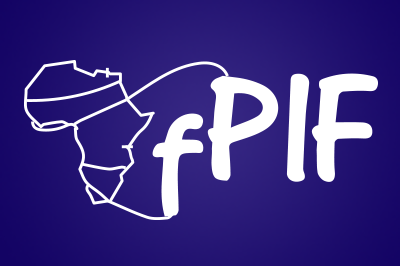
First African Peering Interconnection Forum (AfPIF) held in Nairobi, Kenya.
September 2010
The Internet Society gains Permanent Observer status with the World Intellectual Property Organization (WIPO).
July 2011
The first Applied Networking Research Prize (ANRP) is awarded at the IETF 81 meeting. It recognizes the best new ideas in networking and is supported by the Internet Society, in coordination with the Internet Research Task Force (IRTF).
December 2011
The Internet Society launches Deploy360 program to serve as a bridge between the IETF standards process and adoption of those standards by the global operations community for such technologies as IPv6, DNSSEC, and Routing Resiliency and Security.
2012
The Internet Society launches the IETF Policymakers Program as a response to the knowledge gap identified among policy makers about the Internet’s technology.
23 April 2012
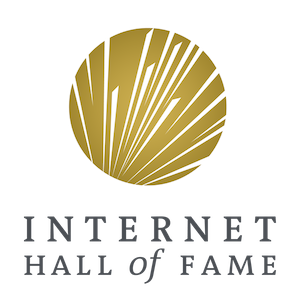
During a celebration of its 20th anniversary, the Internet Society establishes the Internet Hall of Fame (IHOF) to identify, recognize, and celebrate individuals who have fueled the development of the Internet and used it to transform the lives of people throughout the world.
1 May 2012
The Internet Society gains Associate Status with the Asia-Pacific Telecommunity (APT), an intergovernmental organization founded by a joint initiative of the UN Economic and Social Commission for Asia and the Pacific (UN ESCAP) and the International Telecommunication Union (ITU).
6 June 2012
Following the success of World IPv6 Day in 2011, the Internet Society organizes World IPv6 Launch where companies around the world permanently enable IPv6 for their websites and services.
2013
The first online course ‘Shaping the Internet – History and Futures’ launches on Inforum, the first-ever Internet Society’s eLearning platform. Between 2013 and 2020, the Internet Society trained more than 100,000 learners worldwide.
19 December 2013

Kathryn C. Brown becomes President and CEO of the Internet Society.
6 February 2014
The African Union selects the Internet Society to deliver 60 workshops in 30 countries related to Internet Exchange Points (IXPs) as part of the African Internet Exchange System (AXIS) project.
3 November 2014
The International Telecommunications Union, GSMA, and the Internet Society announced that they were joining forces to use information and communications technologies in the fight against the Ebola virus.
6 November 2014
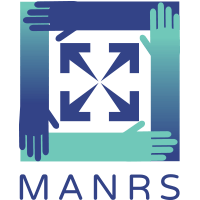
Internet Society launches Mutually Agreed Norms for Routing Security (MANRS) initiative to build a community to secure the Internet’s routing infrastructure.
15 November 2014
In light of the Snowden revelations about pervasive monitoring across the Internet’s infrastructure, the Internet Society Board of Trustees strongly supported the Internet Architecture Board’s (IAB) statement that encryption should be the norm for Internet traffic.
11 February 2015
The Internet Society partners with the Caribbean Association of National Telecommunication Organizations (CANTO) to promote Internet development and education programs in the Caribbean region.
7-8 July 2015
The Internet Society organizes the first virtual meeting of our entire community, InterCommunity, to celebrate the Internet’s ability to rise beyond boundaries and bring people together.
9 July 2015
The Internet Society launches “Beyond the Net” grants program to support innovative ideas that promote an open, global Internet for everyone.
30 September 2016
After many years of work, the IANA Stewardship Transition marks the successful migration of management of the DNS from the US government to the larger Internet community through ICANN.
5 April 2017
The Online Trust Alliance (OTA) and the Internet Society combine resources, expanding the reach and impact of the Internet Society to a broader group of stakeholders and industry members. Under the agreement, OTA operates within the Internet Society, and members automatically become Internet Society members.
September 2017
The Internet Society celebrates its 25th year of advocacy for an open, trusted Internet available to everyone, everywhere.
1 September 2018
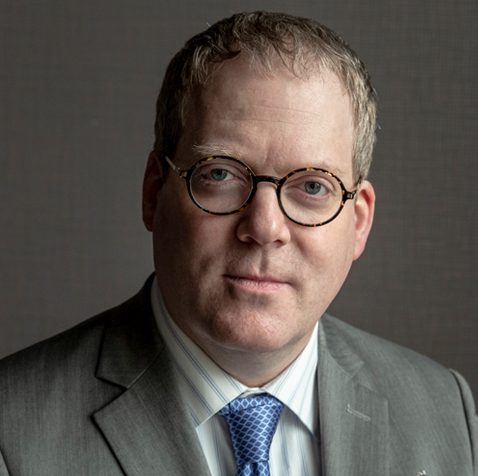
Andrew Sullivan becomes President and CEO of the Internet Society.
24 September 2018
First Indigenous Connectivity Summit (ICS) launches to bring affordable and sustainable Internet access to indigenous communities.
25 September 2018
Facebook and the Internet Society partner to expand Internet connectivity across Africa.
February 2019

The Internet Society launches the Internet Society Foundation, which marks the next step in its grants-giving programs. It also opens new opportunities for initiatives closely aligned with the vision that the Internet is for everyone.
1 July 2019
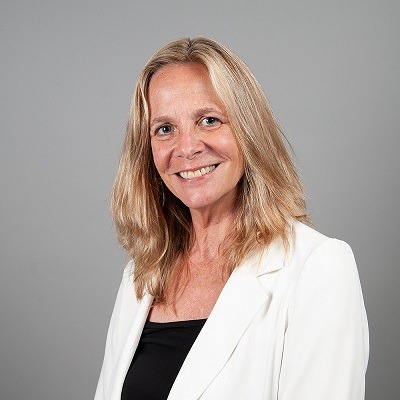
Internet Society appoints Sarah Armstrong as Executive Director of the Internet Society Foundation.
13 November 2019
Ethos Capital announces plan to acquire Public Interest Registry (PIR) from the Internet Society.
30 April 2020
ICANN does not consent to the transition to sell PIR to Ethos Capital and PIR remains the subsidiary of the Internet Society.
23 July 2020
AFRINIC and the Internet Society launch new collaboration to measure the resilience of the Internet in Africa.
9 September 2020
The Internet Society launches Internet Impact Assessment Toolkit, the first-ever regulatory assessment toolkit that defines the critical properties needed to protect and enhance the future of the Internet.
30 November 2020
The Internet Society and the IETF announce a new long term strategic agreement under which the Internet Society will provide continued financial support to IETF over the course of six years. It also establishes a new donor match program to support the IETF LLC’s upcoming fundraising efforts for the IETF Endowment.
December 2020

The Internet Society launches the Internet Society Pulse platform to help everyone gain deeper, data-driven insight into the health, availability and the evolution of the Internet.
19 January 2021
The Internet Society partners with Truist, a large US bank, to provide US$ 1 million in grant funding to expand Internet access in underserved communities in the southeastern US.
16 March 2021
The Internet Society has launched a new fellowship program to develop a new generation of Internet champions.
21 October 2021

Global Encryption Coalition, of which Internet Society is a founding member, launches the world’s first ever Global Encryption Day.
1 November 2021
First virtual Community Week brings the global Internet Society community together in celebration of their collective work building and protecting the Internet.
8 November 2021
Launch of Internet Impact Briefs (IIB) available to anyone who wants to assess whether laws, business decisions, and technology could harm the Internet.
4 April 2022
Launch of the Mid Career Fellowship, which offers access to world-class educational institutions and experts in a seven-month program.
7 April 2022
The Internet Society boldly advocates against using the Internet as a pawn of geopolitics and subject to sanctions that disrupt access, a message still being carried out today.
9 September 2022
Launch of Alumni Network so that fellows, ambassadors, tutors, and learners can engage with peers and address the Internet’s most pressing issues.
11 October 2022
The Internet Society filed an amicus brief in the US 9th Circuit Court of Appeals to represent the Internet in the Hunley v. Instagram court case, officially launching its Amicus Program.
29 May 2023
We help complete a fiber network to reach every home in the villages of Khunde and Khumjung in Nepal, improving and expanding connectivity. The Everest Community Network is the highest community network in the world.
28 June 2023
Pulse launches its NetLoss calculator to estimate the impact of Internet shutdowns worldwide.
11 October 2023
We launch the OurNet campaign alongside a new video series featuring Internet heroes with the goal of educating people about fragmentation.
January 2024

Secretariat and operational functions of MANRS transition from the Internet Society to the Global Cyber Alliance. We continue to provide MANRS with funding, advocacy, and training.
1 July 2024

Chris Locke becomes the Executive Vice President and Managing Director of the Internet Society Foundation.
3 July 2024
Pulse launches the IXP Tracker to help people monitor and understand the individual IXPs currently operating.
1 September 2024
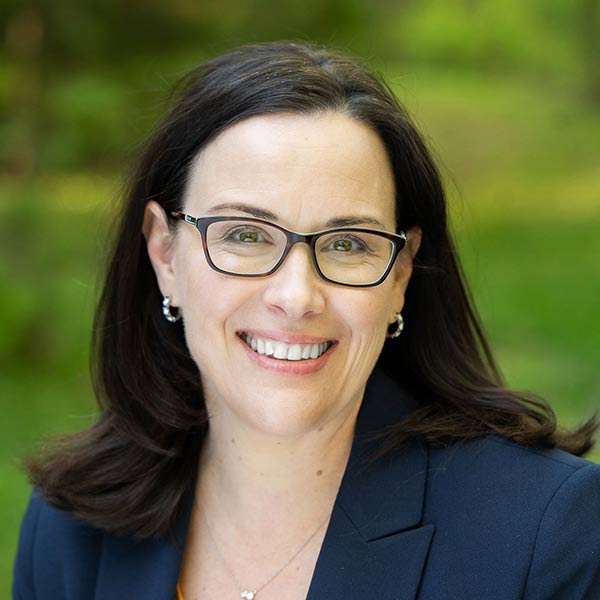
Sally Wentworth becomes President and CEO of the Internet Society and Internet Society Foundation.